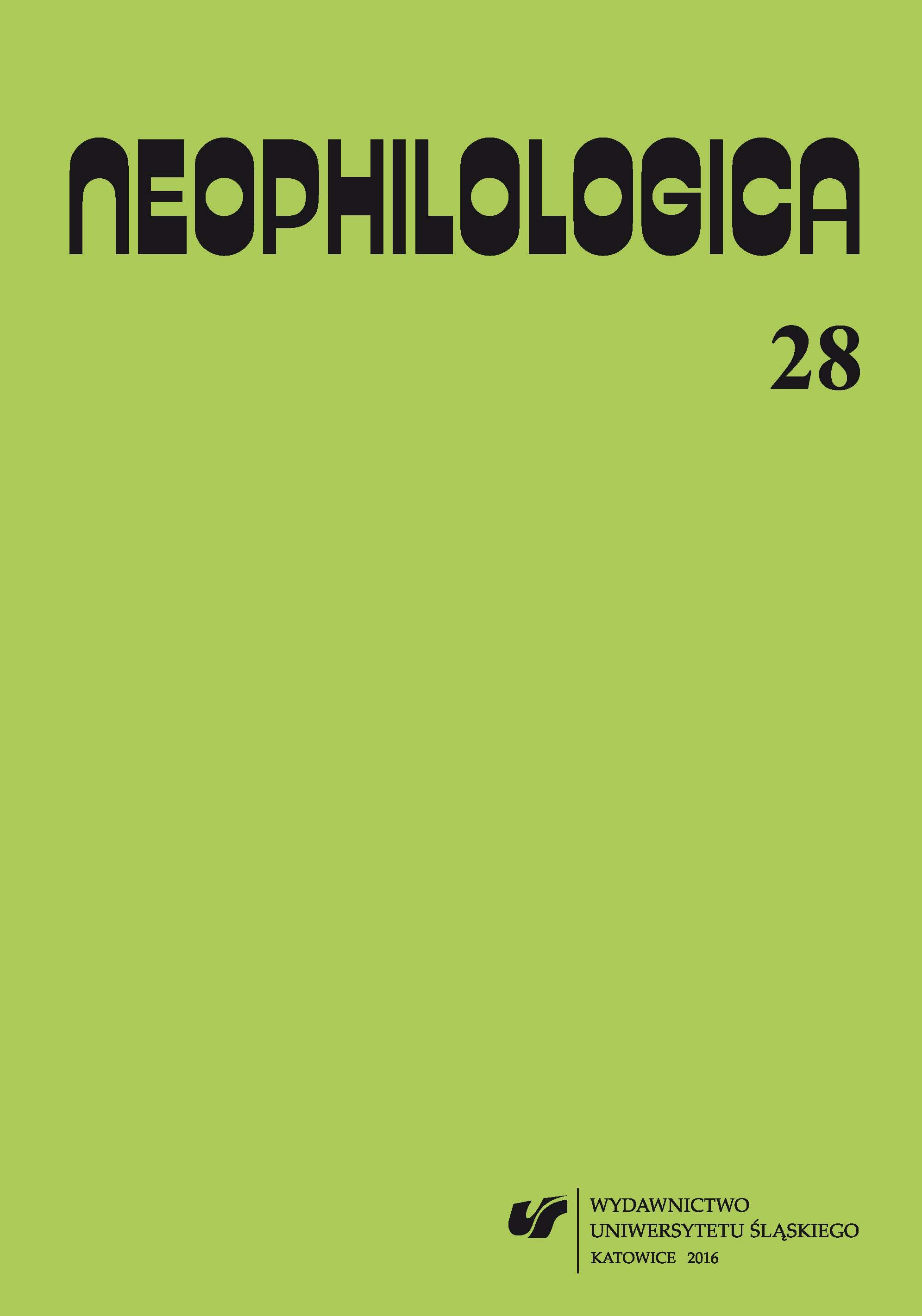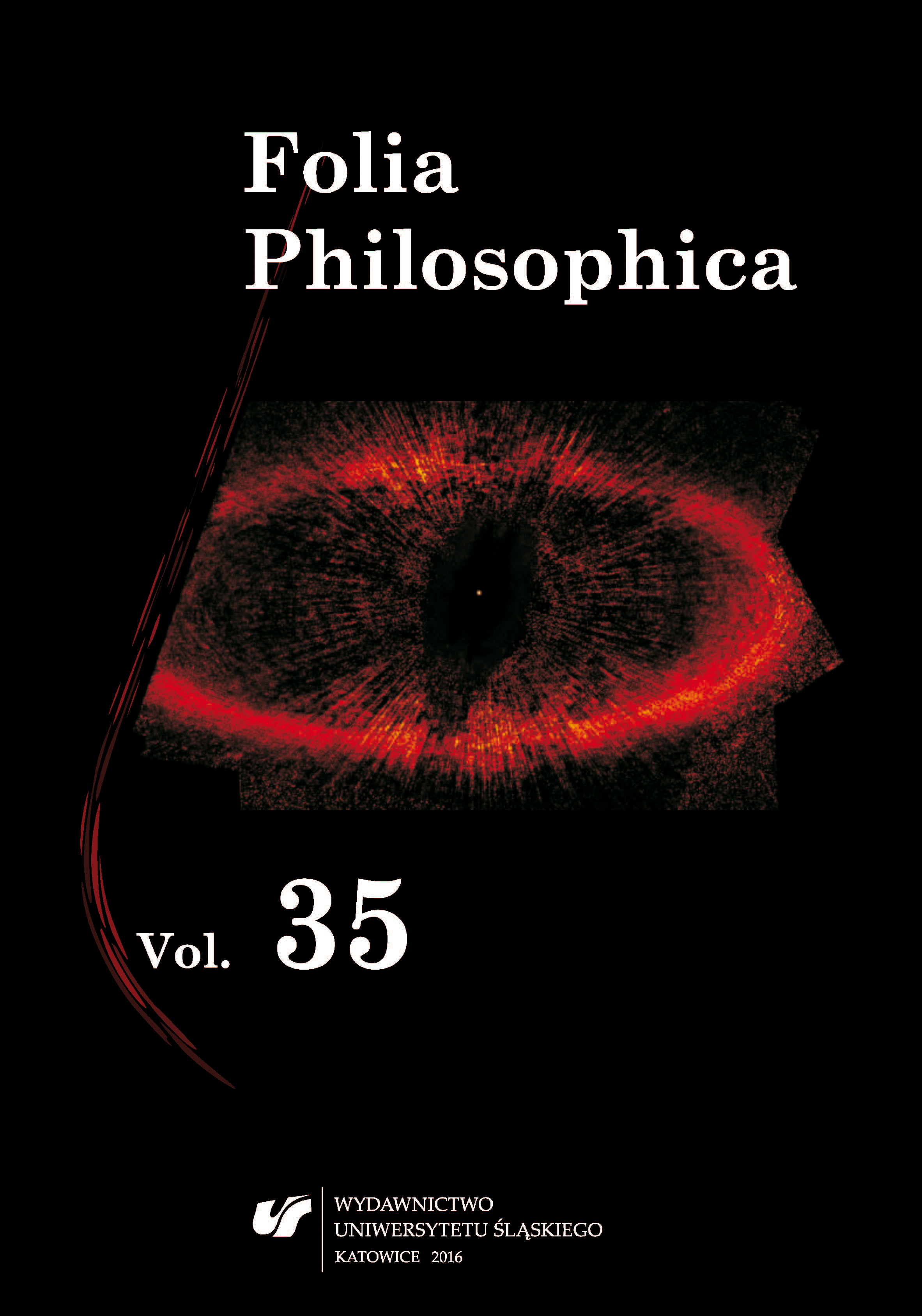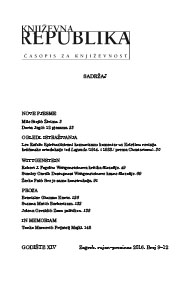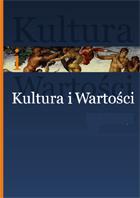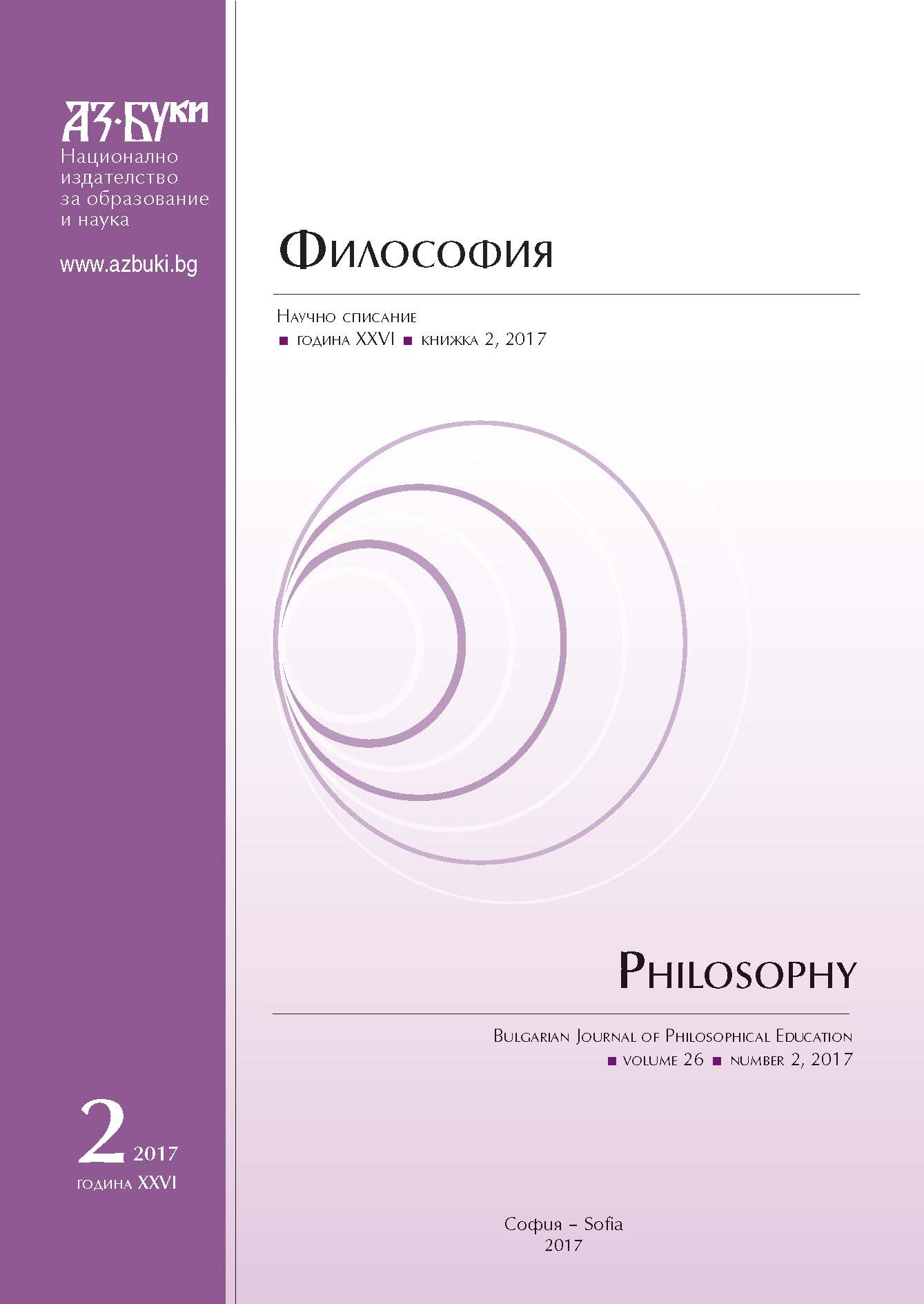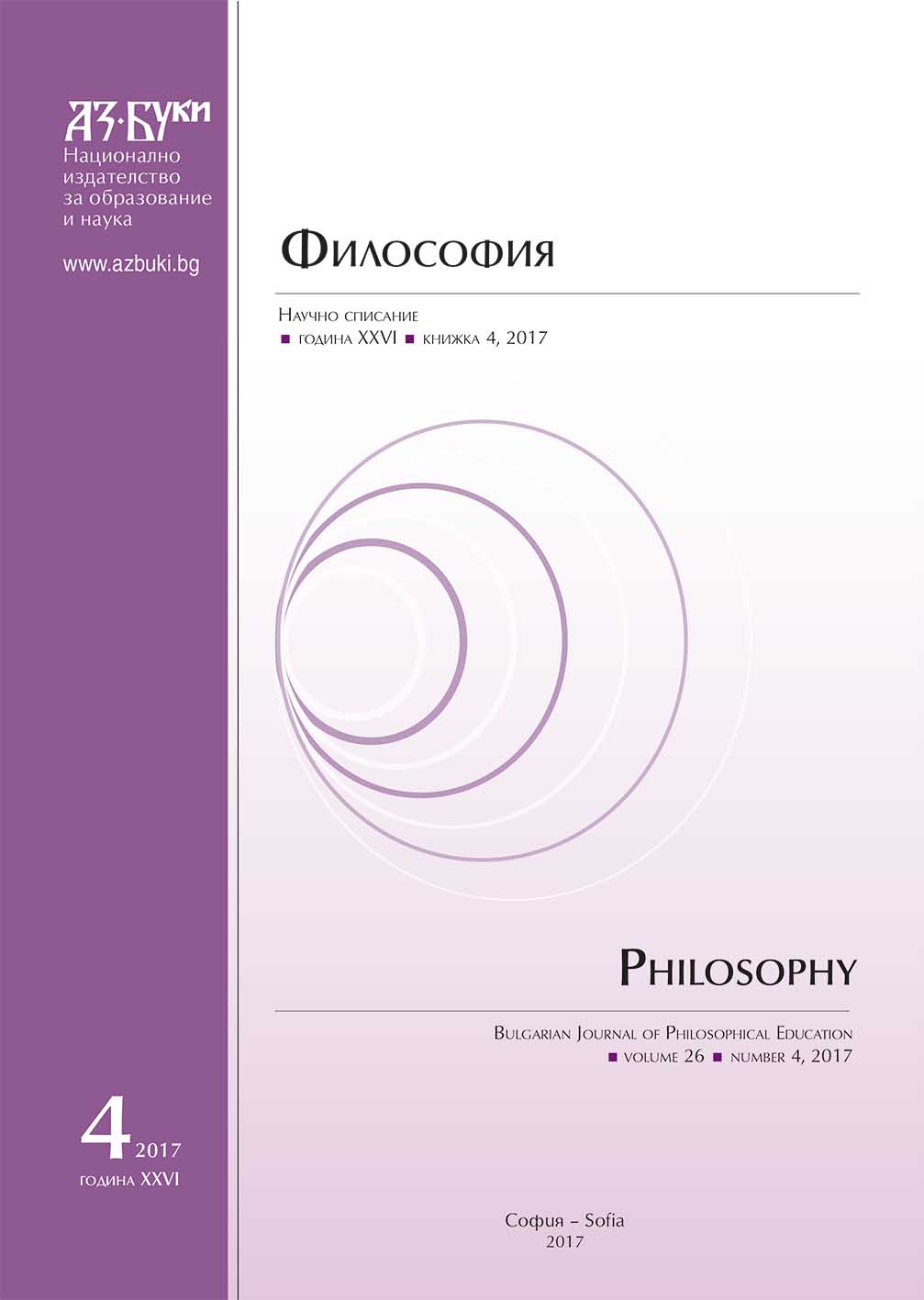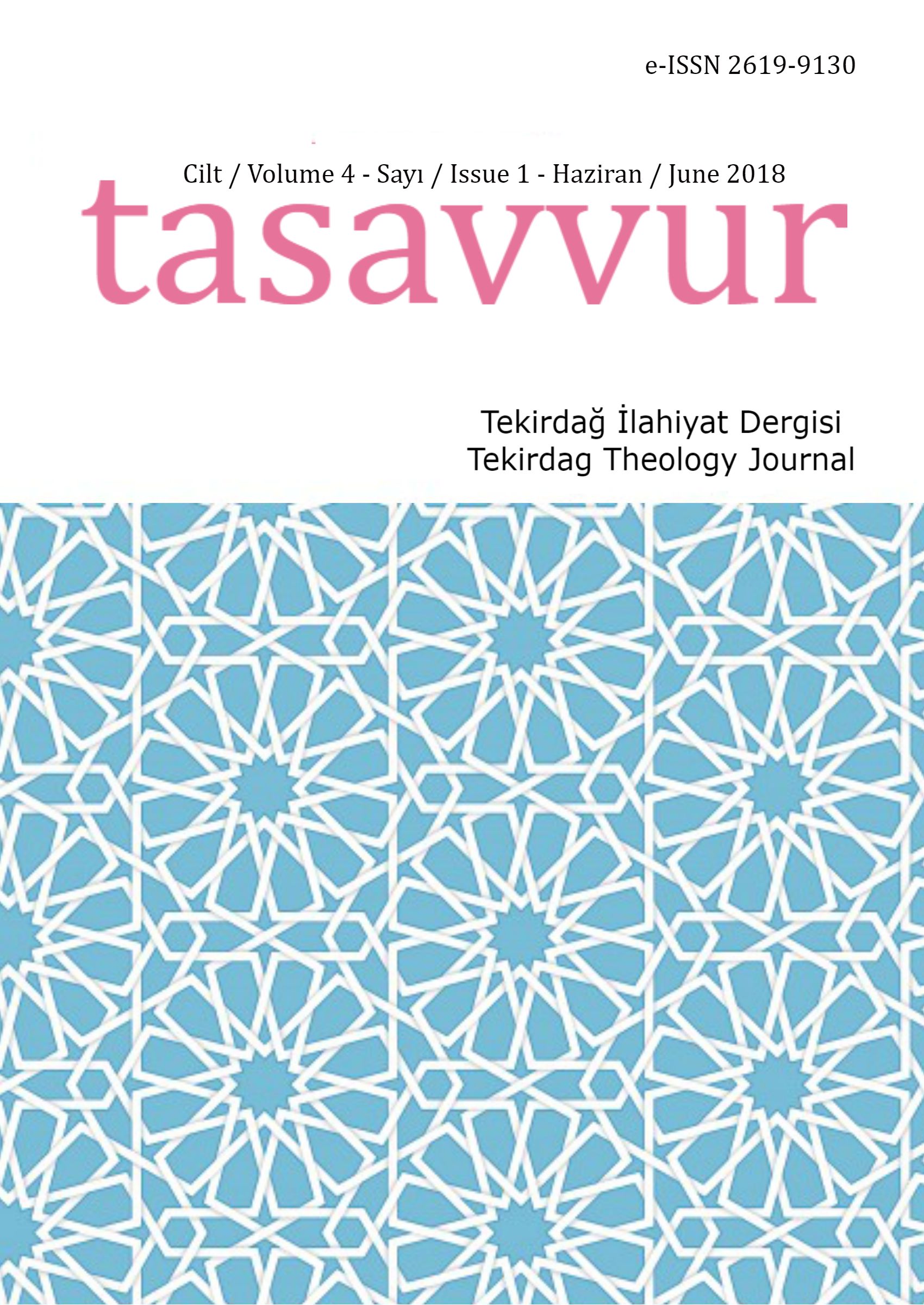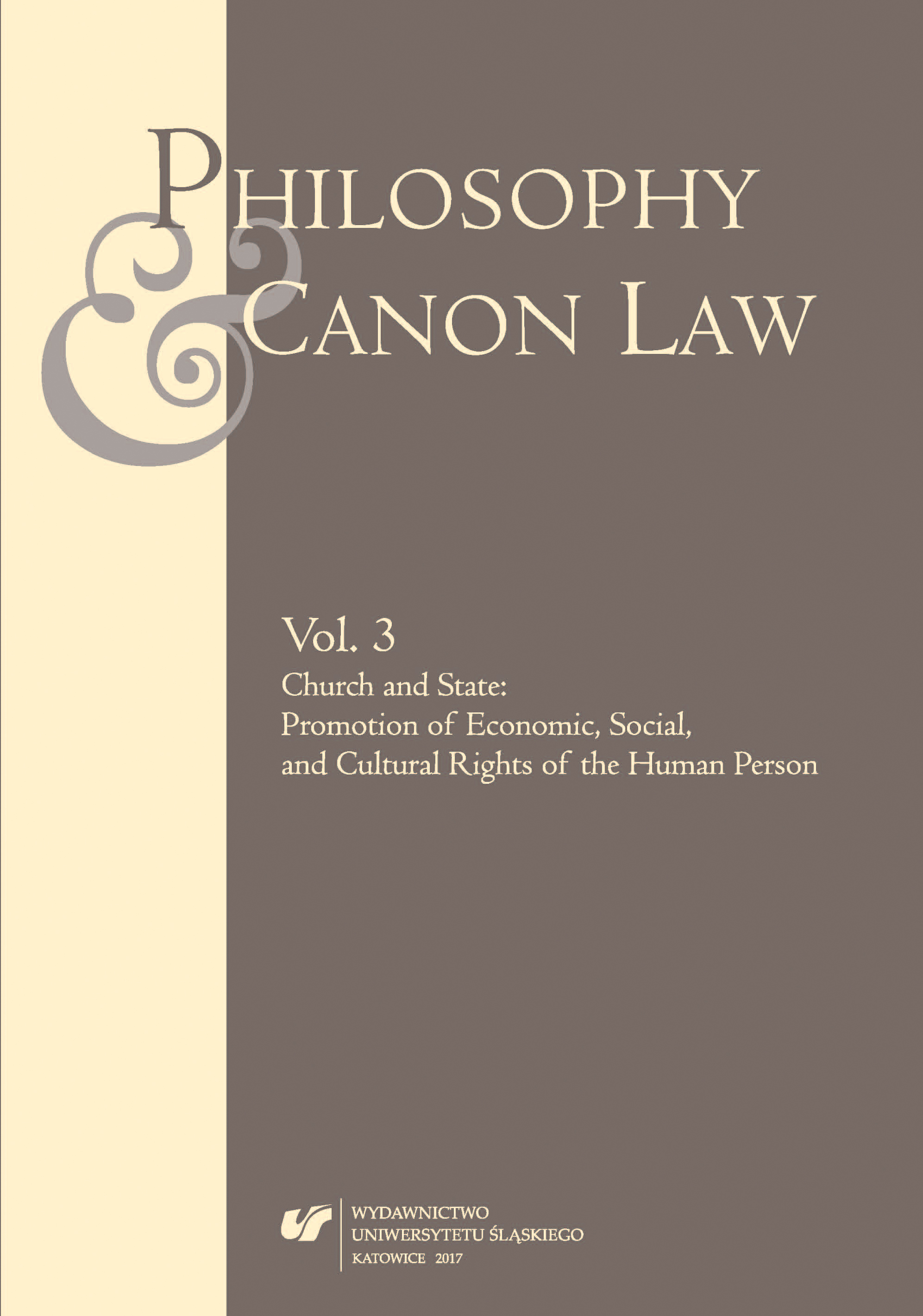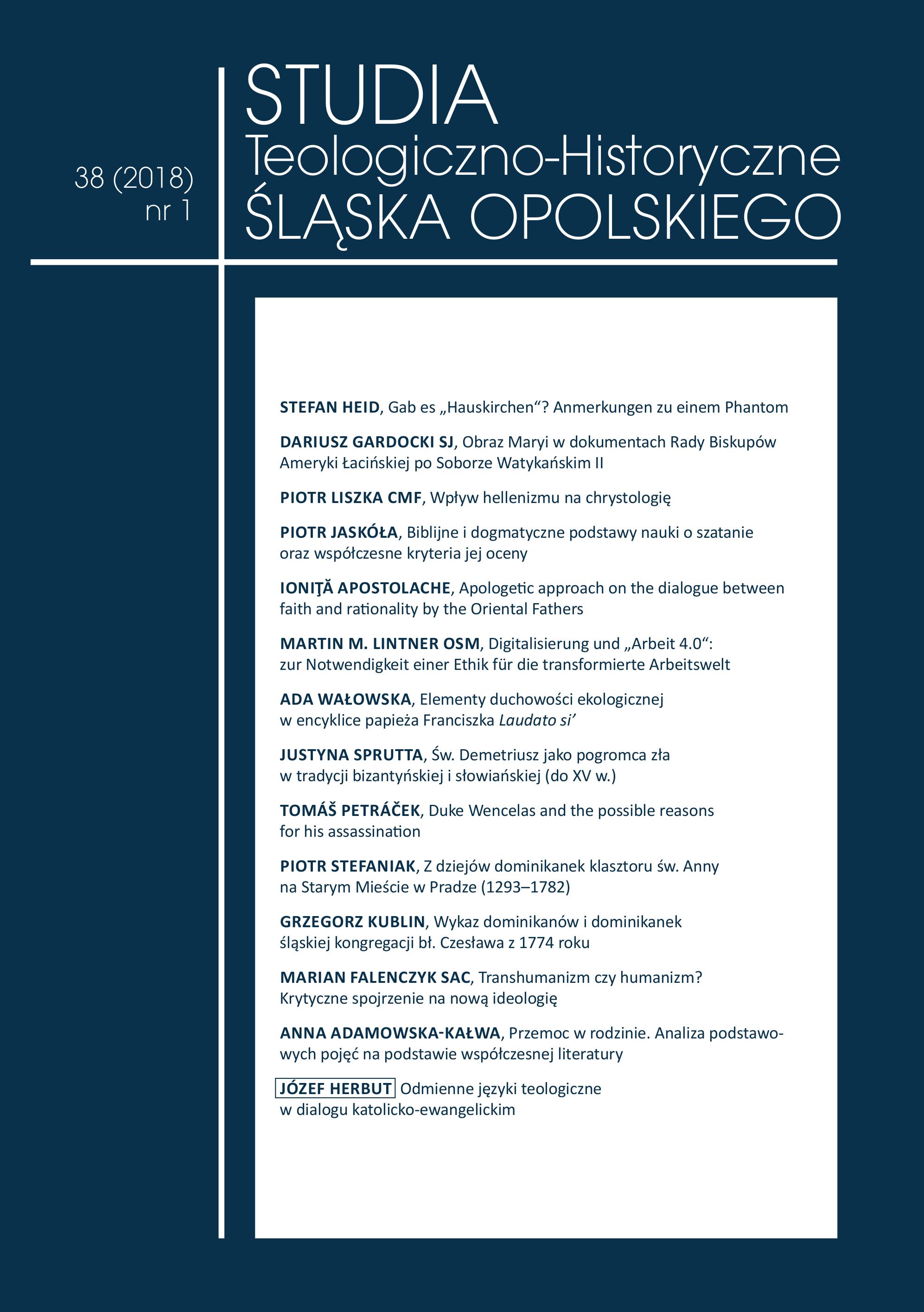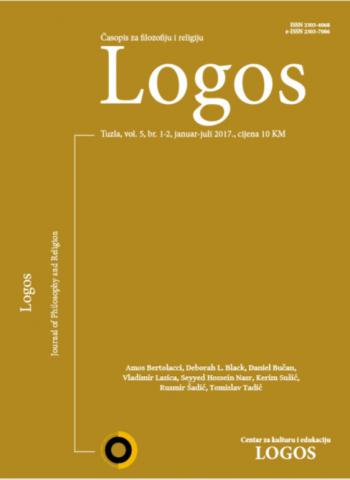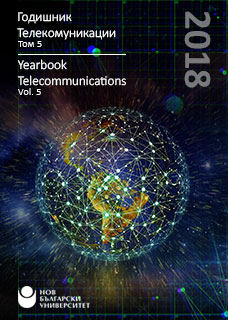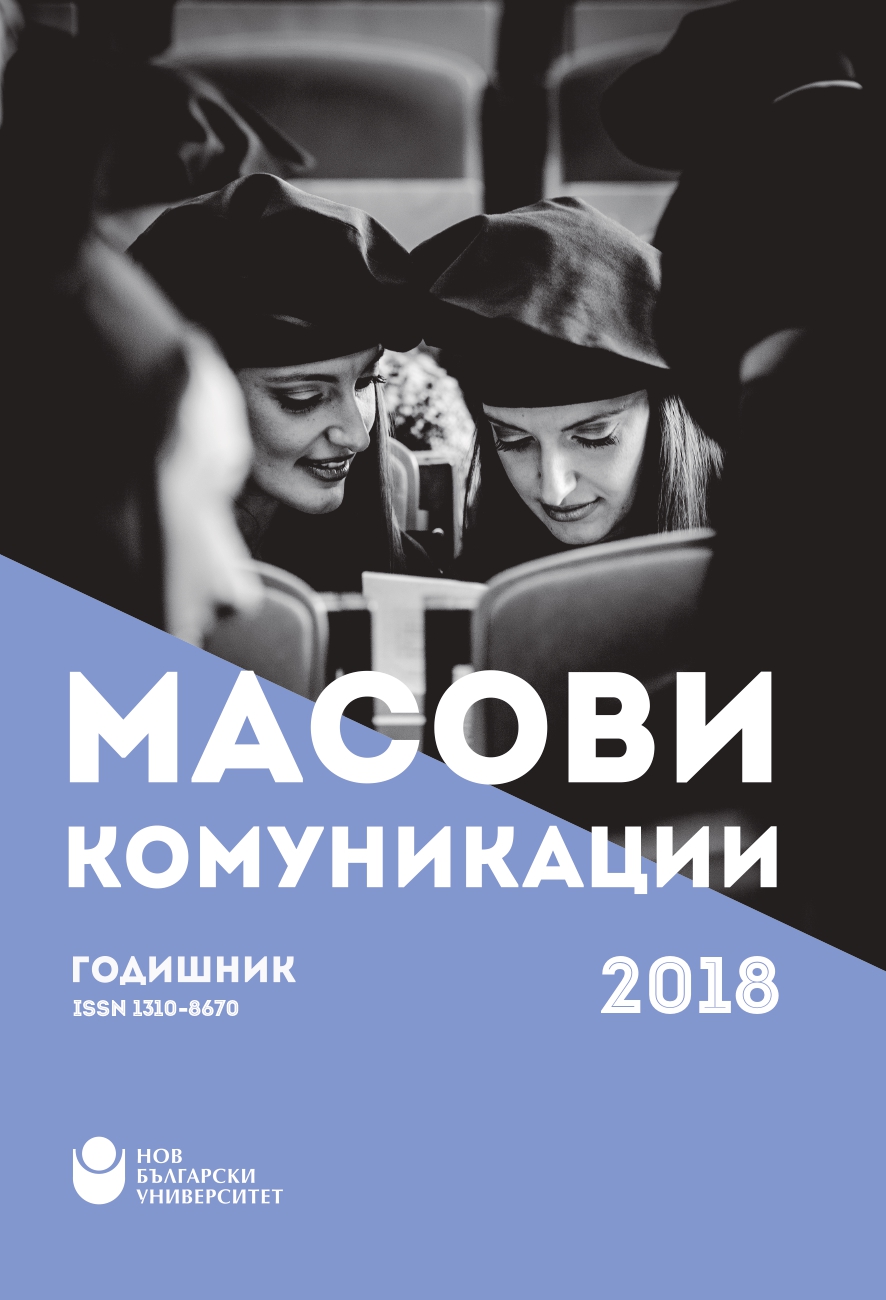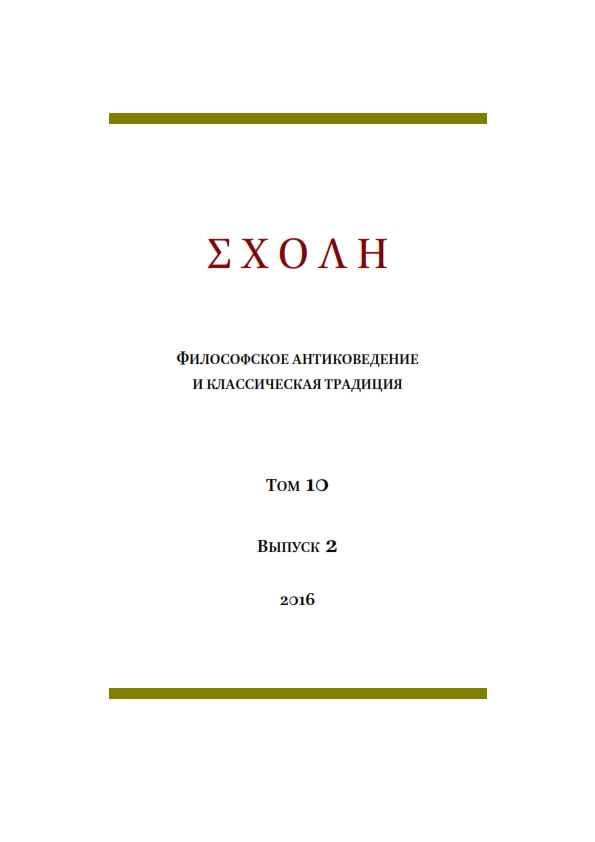
О СООТНОШЕНИИ КАТЕГОРИЙ TO LEKTON В ФИЛОСОФИИ СТОИКОВ И SINN В СЕМАНТИЧЕСКОЙ ТЕОРИИ Г. ФРЕГЕ: ВОПРОС ОБ ИХ ОТНОЛОГИЧЕСКОМ СТАТУСЕ
As previously (ΣΧΟΛΗ 9.2 [2015] 241–252) the article deals with the Stoic category to lekton and G. Frege’s category of Sinn. I explicate some formal features of these categories, which demonstrate the similarity of the Stoic and the Fregean logical theories. In particular, I demonstrate that the concept of “complete lekton” (axiōma) in the Stoic doctrine has the same structure as the concept of thought (Gedanke) in Frege’s semantic theory. However, the formal structural similarity between to lekton and Sinn does not presupposes the ontological similarities in these theories.
More...
